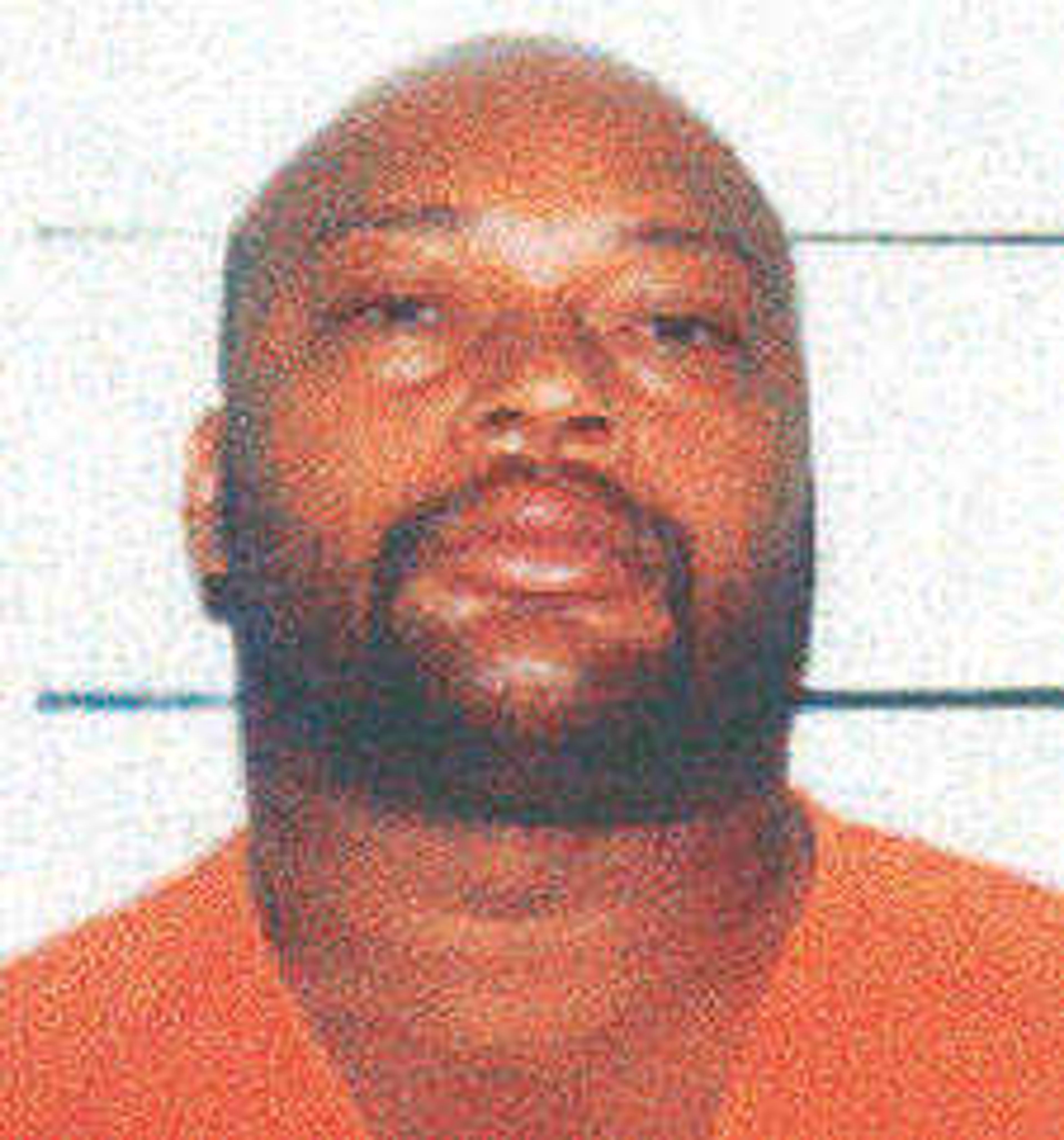Mo. judge bars character testimony in murder case
COLUMBIA, Mo. (AP) - A judge has excluded testimony about the good character of a southeast Missouri murder victim when his convicted killer gets a new sentencing hearing. The ruling Friday by Boone County Circuit Judge Kevin Crane comes as attorneys are preparing for a sentencing hearing for Mark Gill...
COLUMBIA, Mo. (AP) -- There will be no testimony allowed about the good character of a southeast Missouri murder victim when the man convicted of killing him gets a new hearing to decide whether he gets sentenced to death or life in prison, a judge decided Friday.
The ruling by Boone County Circuit Judge Kevin Crane comes almost four years after the Missouri Supreme Court overturned the death sentence of Mark Gill for the 2002 slaying of Ralph Lape Jr. of rural Cape Girardeau County.
The high court said Gill's trial attorneys should have countered testimony about Lape's good character with evidence that child pornography and sexually explicit messages were found on Lape's computer. Had they done so, the Supreme Court said jurors may have been more likely to sentence Gill to life in prison -- as a separate jury did for co-defendant Justin Brown, whose sentencing hearing did not feature the same good-character testimony about Lape.
Gill's new sentencing hearing is scheduled for April.
He remained silent as he appeared in court Friday wearing an orange prison outfit with his hands shackled to his waist and his feet chained together. Also watching the proceedings were Lape's sister and her husband.
Crane granted a defense motion to exclude good-character testimony about Lape after prosecutors raised no objection to that. But Crane denied a request by Gill's attorneys to tell jurors at his new sentencing hearing that Brown had been sentenced to life in prison.
"It is fundamentally fair that the jurors know that the co-defendant was not sentenced to death in this case," said one of Gill's attorneys, Carie Allen.
Assistant Cape Girardeau County Prosecutor Jack Koester objected, arguing that there were a variety of things that distinguished Gill from Brown, including the fact that Gill was older and had prior convictions.
Defense attorneys said Friday that Gill and Brown both confessed to their involvement in Lape's kidnapping, robbery and shooting, though each pointed to the other as the triggerman.
At the time of Lape's slaying, Gill was living in a camper trailer on Lape's property. When Lape took a Fourth of July weekend trip to a Kentucky lake, Gill remained behind and Brown, who was a friend, found papers in Lape's home indicating he had a large amount of money in the bank. Gill and Brown then plotted Lape's murder, kidnapped him when he arrived home and drove Lape to a corn field near Portageville where he was shot in the head and buried, according to court records.
About a month before Gill's trial, prosecutors provided defense attorneys with a police report listing the file folders and directories found on Lape's computer, which Brown and Gill had used to transfer $55,000 from his bank account. The report included a list of instant message accounts with sexually explicit names.
The Supreme Court said that should have alerted Gill's defense attorneys to inquire about the computer's contents or interview the police officer who prepared the report. Because they did neither, defense attorneys were unaware that Lape's computer contained images of child pornography and bestiality, and evidence of discussions about sex with underage girls in Internet chat rooms.
The high court acknowledged in its unanimous ruling that character evidence about murder victims typically is barred. But when Lape's relatives testified about his generous character during Gill's sentencing, the court said that defense attorneys should have countered by highlighting the smut on Lape's computer.
During Friday's hearing, Crane denied a defense motion to simply sentence Gill to life in prison without a hearing on whether he should get the death penalty.
Gill's attorneys also challenged the constitutionality of the death penalty by presenting testimony from Wanda Foglia, a professor of law and justice studies at Rowan University in Glassboro, N.J.
Foglia discussed the findings of the Capital Jury Project, which interviewed nearly 1,200 jurors from 353 murder trials in 14 states. Foglia said 29 percent of the Missouri jurors already had decided they wanted to impose the death penalty before the sentencing phase of the trial began, and 17 percent had prematurely decided they supported life in prison. Both statistics were close to the nationwide average.
Foglia also said the jury selection process in capital murder cases tends to result in more jurors who are inclined toward the death penalty than those who are not.
___
Follow David A. Lieb at: http://twitter.com/DavidALieb
Connect with the Southeast Missourian Newsroom:
For corrections to this story or other insights for the editor, click here. To submit a letter to the editor, click here. To learn about the Southeast Missourian’s AI Policy, click here.








